- California Assembly OKs highest minimum wage in nation
- S. Korea unveils first graphic cigarette warnings
- US joins with South Korea, Japan in bid to deter North Korea
- LPGA golfer Chun In-gee finally back in action
- S. Korea won’t be top seed in final World Cup qualification round
- US men’s soccer misses 2nd straight Olympics
- US back on track in qualifying with 4-0 win over Guatemala
- High-intensity workout injuries spawn cottage industry
- CDC expands range of Zika mosquitoes into parts of Northeast
- Who knew? ‘The Walking Dead’ is helping families connect
Clean drinking water remains critical global issue
By Jung Min-ho
Born and raised in Korea, where the availability of clean water hasn’t been a major social problem for some time, Chung Jae-wook never gave serious thought on how the shortage of drinking water affects lives in other parts of the world.
That was before he traveled to several African nations and witnessed children dying from drinking dirty water, an experience he describes as life-changing.
Ten years after his fateful trip, Chung, 32, now a promising scientist, made headlines in Germany after being selected as a Green Talent Award recipient earlier this month for developing a new technology for removing viruses from water.
“I was elated,” Chung said in an interview with The Korea Times. “My research is still in its infancy. I think the judges thought highly of the fact that materials for my removal technology are available in the areas in need and its potential for further development rather than what has been accomplished.”
Chung is the first Korean winner of the fifth annual event, organized by the German Federal Ministry of Education and Research. Over 400 scientists from 80 nations competed in this year’s event.
During the eight-month field trip from 2005 to 2006, Chung had opportunities to visit rural villages that aren’t conventional destinations for travelers.
“In Eastern Africa, severe drought had dried up many rivers and people were desperate to collect ground water,” he said. “Remaining water was contaminated by wild animals’ feces, and people used the water anyway in desperation.”
In other cases, people consumed water from stagnant pools, formed by the gathering of surface run-off after occasional rainfall. This run-off washed out the surface of land and brought fecal contaminants and fine soil particles into water pools.
“In both cases, stored water was heavily contaminated by soil and feces,” he said.
“I also saw many children were playing around stinking open sewer in slum areas with a lack of sanitary facilities.”
Finding more effective, low-cost technologies for virus removal is a critical objective in science. Chung’s aim was to develop a simple technique that can be used in households with limited resources. His award-wining technology is based on creating hydrothermal carbonation (HTC) products of biological wastes like agricultural residues and fecal sludge.
HTC, also called as “wet pyrolysis,’’ is the process of carbonizing biomass into useful filtering materials under wet conditions and temperatures below 200 degrees Celsius.
“HTC has been proven as one of the simplest and most inexpensive technologies to produce a variety of carbon-based materials. Hydrochar has various applications such as medicine, electronics and soil amendment,” he said. “General low-cost aspects of HTC technology, less energy dependant conversion of biowastes into capable adsorbents, can be an attractive solution for developing countries.”
As the award winner, he will have an opportunity next year to learn at some German research centers as a visiting research fellow for three months. Chung believes the experience will give him more practical skills.
“When I started to study environmental sanitation at Ghent University in Belgium, my goal was to learn it and go back to the areas in need as soon as possible,” Chung said. “As I studied the subject, however, I realized that what I can do alone is very limited.”
“So my goal now is to play a role as sanitary technologist and solve the problem more broadly in cooperation with other experts so that someday, no one will die from drinking dirty water.”







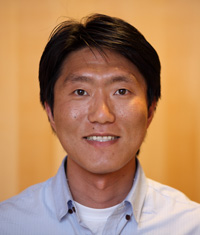
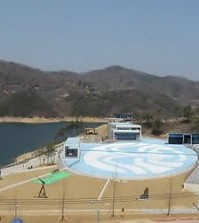
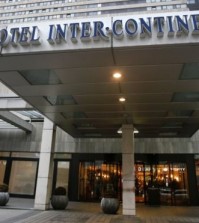
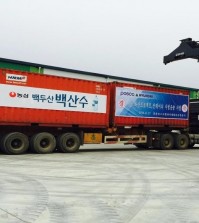
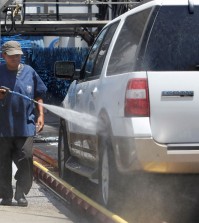

![일본 사도광산 [서경덕 교수 제공. 재판매 및 DB 금지]](http://www.koreatimesus.com/wp-content/uploads/2024/07/PYH2024072610800050400_P4-copy-120x134.jpg)


